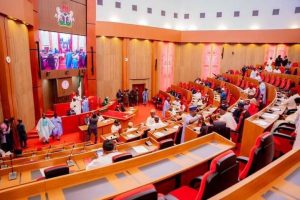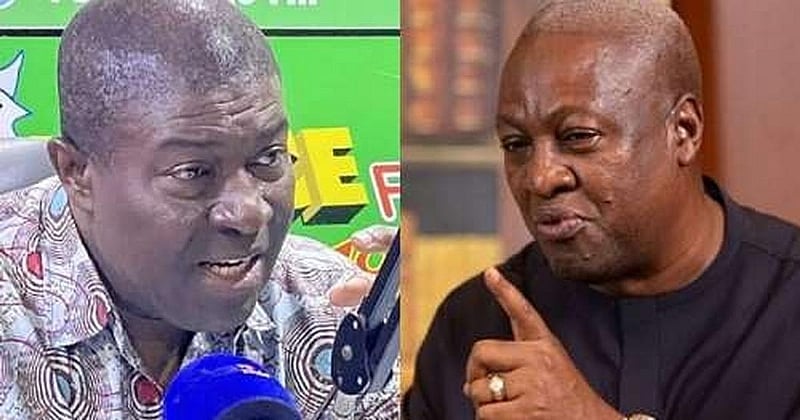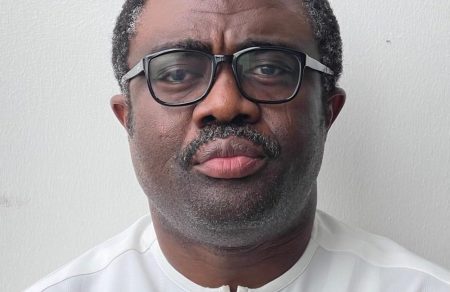The political landscape in Ghana has been stirred by a controversial directive issued by Julius Debrah, the Chief of Staff under former President John Mahama, in the waning days of his administration. This directive nullified all public sector appointments and recruitments made after the December 7, 2024, general elections, a move ostensibly grounded in principles of good governance and the smooth transition of power. However, the directive has ignited a firestorm of debate, with critics, including former State Transport Corporation CEO Nana Akomea, questioning its legality, practicality, and underlying motivations. Akomea’s critique centers on the perceived contradiction between Mahama’s campaign promise to “reset” Ghana and provide job opportunities, and the subsequent revocation of appointments, effectively eliminating existing and prospective employment opportunities for a significant number of individuals.
Akomea’s challenge to the rationale behind the revocation hinges on the perceived inconsistency between Mahama’s campaign rhetoric and his administration’s actions. He questioned whether revoking appointments constituted a genuine attempt at resetting the nation or a contradictory measure that hindered economic progress and job creation. This begs a deeper examination of the implications of such a directive, particularly its impact on individuals who had received appointments and the broader public perception of the outgoing administration’s commitment to its stated goals. The revocation raises questions about the balance between ensuring a smooth transition of power and upholding the rights and expectations of individuals who had successfully navigated the public sector recruitment process.
Furthermore, Akomea highlighted the apparent hypocrisy in Mahama’s actions, pointing out a similar revocation of appointments conducted by Mahama’s administration in December 2016 after losing the election to Nana Akufo-Addo. This pattern of behavior underscores the need for greater clarity and consistency in the procedures surrounding public sector appointments during transitions of power. The recurrence of such revocations suggests a systemic issue that requires a thorough review to ensure fairness, transparency, and respect for the individuals involved. The repeated nature of the action raises concerns about the potential for political motivations influencing administrative decisions, potentially undermining the integrity of the public sector recruitment process.
The controversy surrounding the directive goes beyond the immediate impact on the affected individuals and delves into the broader principles of governance and democratic transitions. It raises crucial questions about the extent of an outgoing administration’s authority in the period between an election and the inauguration of a new government. While the intention of ensuring a smooth handover is understandable, the arbitrary revocation of appointments raises concerns about the respect for due process and the potential for abuse of power. A clearer legal framework governing the transition period is needed to prevent such controversies and ensure fairness to all stakeholders.
Akomea’s critique highlights the perceived disconnect between Mahama’s campaign promises and his administration’s actions. He underscores the irony of promising job creation while simultaneously revoking existing and potential appointments. This raises questions about the sincerity of Mahama’s commitment to revitalizing the Ghanaian economy and providing opportunities for its citizens. It also highlights the importance of aligning political rhetoric with concrete actions to maintain public trust and confidence in the government.
This controversy emphasizes the need for a nuanced and comprehensive approach to managing transitions of power, particularly in the context of public sector appointments. A clear legal framework that balances the need for smooth transitions with the rights and expectations of individuals is essential. Such a framework should establish clear guidelines for appointments made during the transition period, outlining the circumstances under which they can be revoked and ensuring due process is followed. A transparent and consistent approach would enhance the integrity of the public sector recruitment process and prevent the kind of controversy that has emerged in Ghana. This would contribute to a more stable and predictable environment for both public sector employees and the overall governance of the nation.














